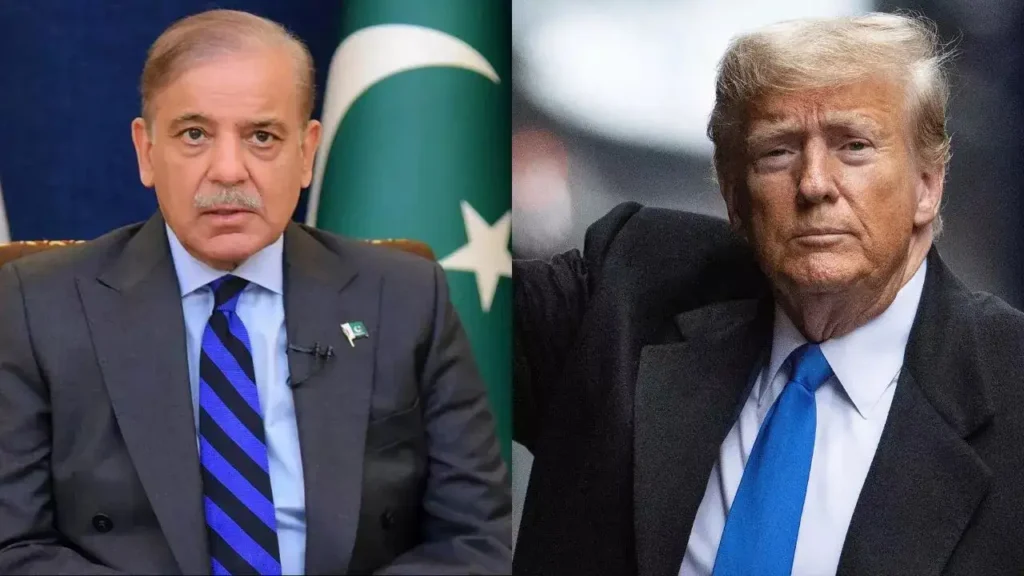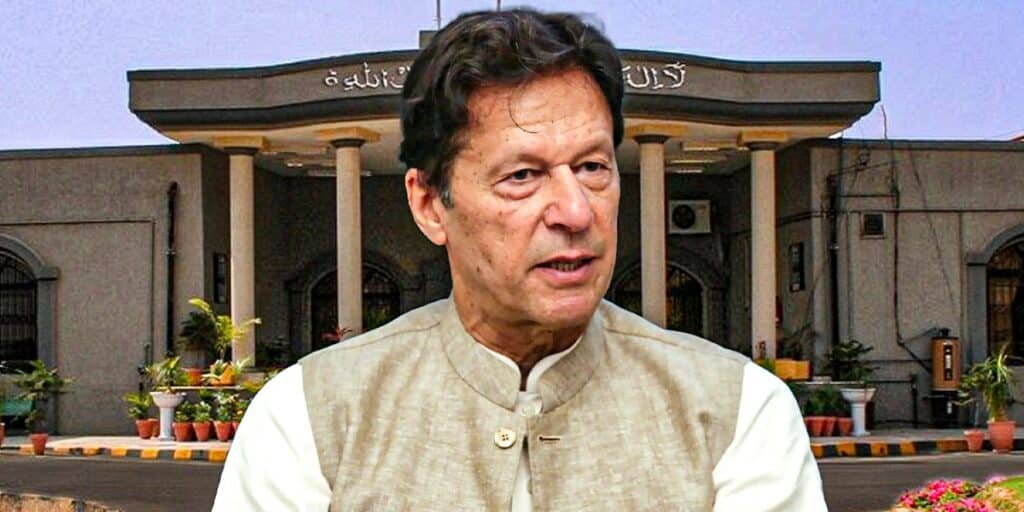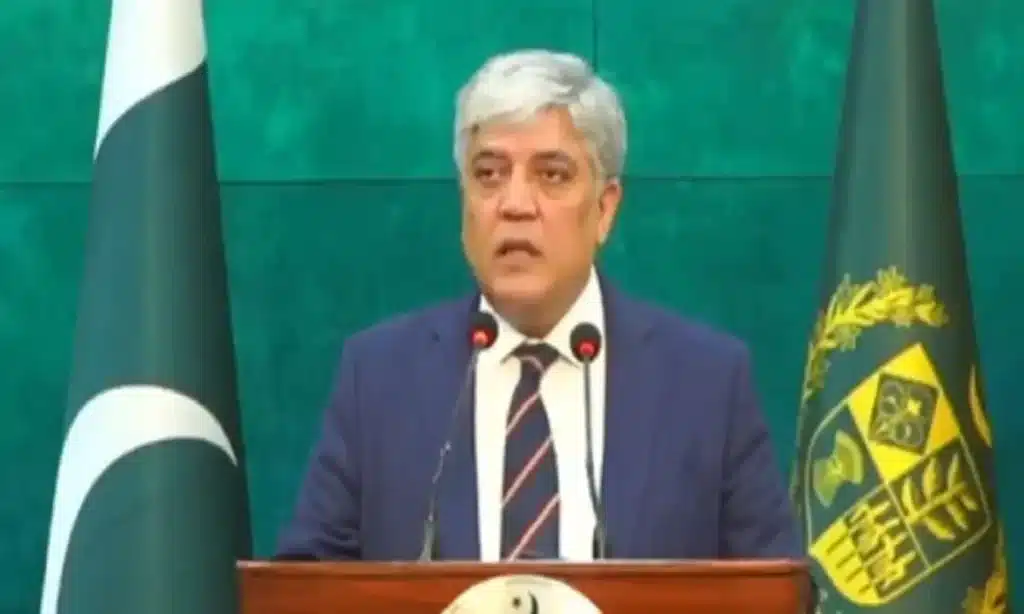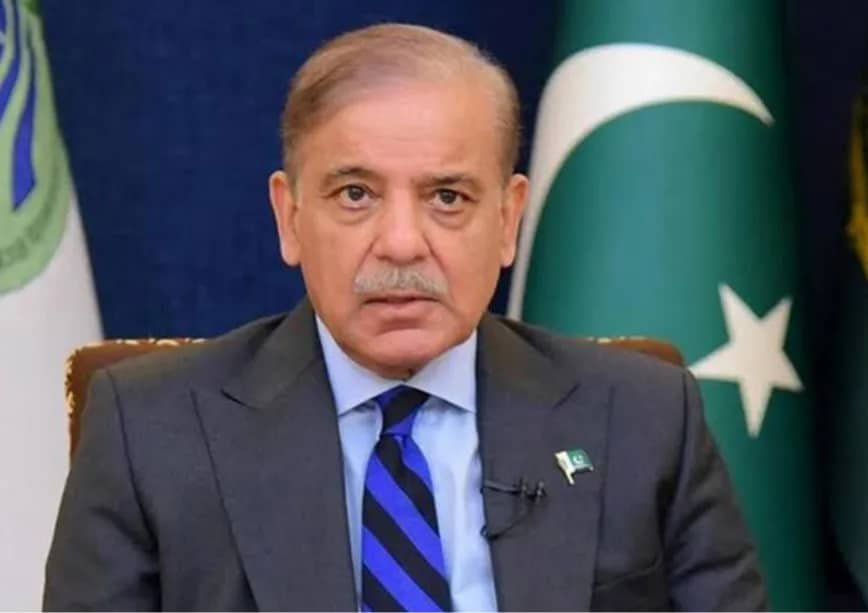ISLAMABAD – US President Donald Trump confirmed that a senior delegation from Pakistan is set to visit the United States next week for critical trade negotiations, as Islamabad scrambles to resolve a brewing tariff dispute that could see its exports face duties of up to 29%.
Speaking at Joint Base Andrews, U.S. President Donald Trump linked future trade cooperation with regional stability. “I would have no interest in making a deal with either Pakistan or India if they were to engage in war with each other,” Trump said, referencing recent military escalations between the two nuclear neighbours.
The visit follows a directive from Prime Minister Shehbaz Sharif, who convened a high-level review meeting on April 9 to address the growing trade tensions. The Pakistani delegation, composed of government officials, top business leaders, and major exporters, aims to shore up bilateral ties and secure economic concessions.
The U.S. has temporarily suspended enforcement of the new tariffs for 90 days, allowing space for diplomatic engagement. Washington’s tariff hike is part of a broader strategy to recalibrate global trade imbalances and has placed Pakistan under scrutiny due to its $3 billion trade surplus with the U.S.
Trump also revealed that trade negotiations with India are advancing, with Indian Trade Minister Piyush Goyal recently visiting Washington. A preliminary agreement is expected by early July. India, like Pakistan, faces potential tariffs—up to 26% on certain exports—and is reportedly preparing to open $50 billion in federal procurement contracts to American firms, according to Reuters.
To counter the U.S. tariff pressure and encourage American investment, Pakistan is preparing to offer significant concessions, particularly in the mining sector. Commerce Minister Jam Kamal said incentives would include lease grants and joint ventures, with a special focus on Balochistan, a mineral-rich province with untapped potential.
“There are wide opportunities for U.S. firms in Pakistan—from mining machinery to hydrocarbon exploration,” Kamal told Reuters, adding that the upcoming federal budget will include gradual tariff reductions to foster foreign investment and improve competitiveness.
Pakistan has also proposed a zero-tariff bilateral agreement on selected product lines of mutual interest. Official sources say the offer is aimed at deepening trade ties and positioning Pakistan as a strategic alternative for U.S. economic engagement in South Asia.
On May 30, Finance Minister Muhammad Aurangzeb held a preliminary discussion with U.S. Trade Representative Jamieson Greer via telephone. Finance Ministry Advisor Khurram Schehzad described the call as “constructive,” confirming that both sides had agreed to begin technical-level negotiations in the coming weeks.
“The two sides expressed confidence in advancing negotiations toward a successful conclusion at the earliest,” Schehzad posted on X (formerly Twitter).
Additionally, Pakistan is seeking to boost imports from the U.S., particularly in cotton and edible oils, to ease domestic shortages and balance trade dynamics.
Commerce Minister Kamal noted a strategic shift in Washington’s approach to South Asia. “The previous U.S. administration focused more on India, but Pakistan is now being recognised as a serious trade partner,” he said.
While the U.S. has yet to outline its priority sectors or address specific trade barriers, officials in Islamabad remain hopeful that the upcoming talks will yield a mutually beneficial outcome.
Read also:Gwadar-Moscow route: Abdul Aleem Khan unveils trade corridor plan at Kazan Forum





